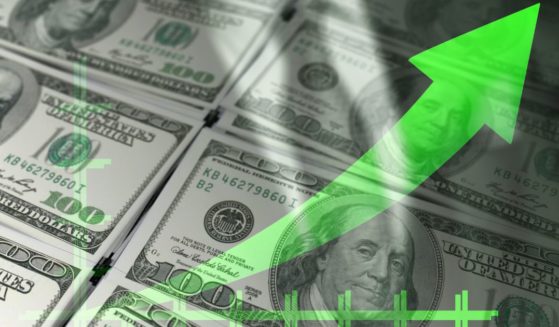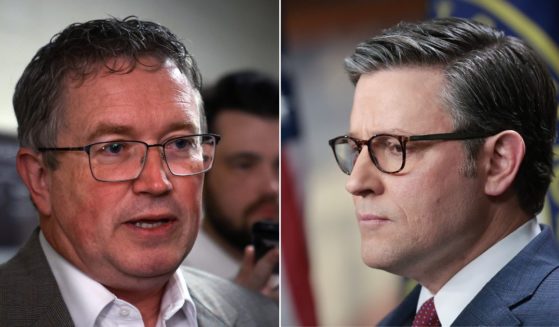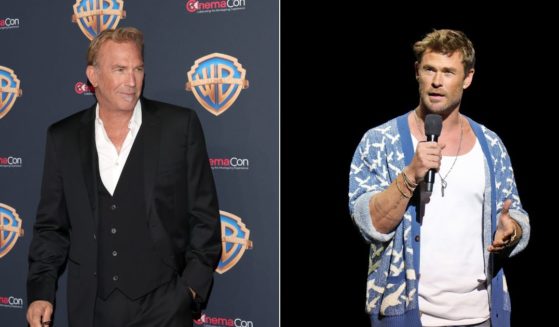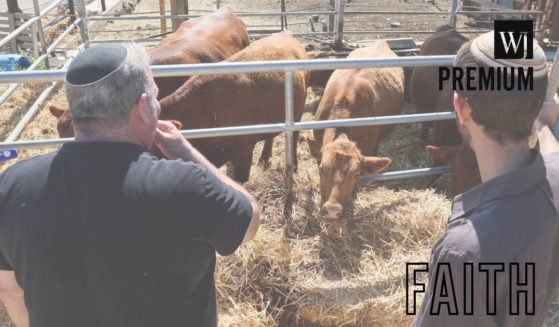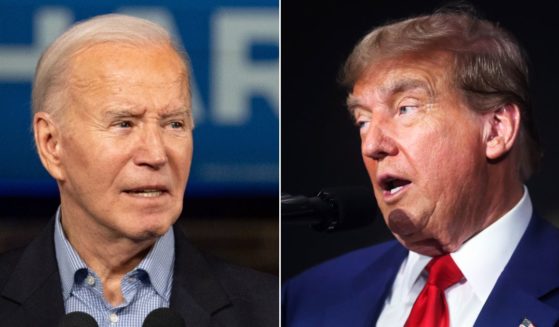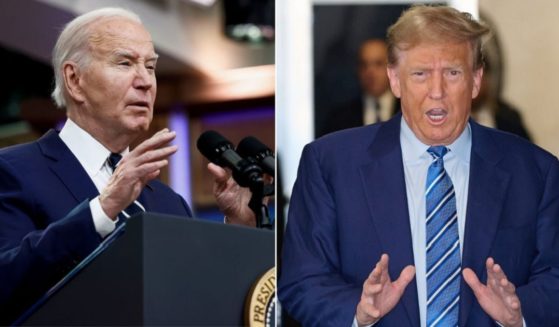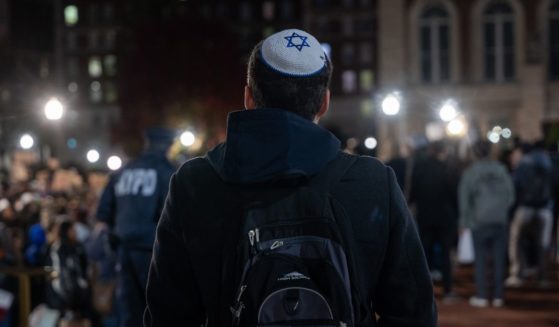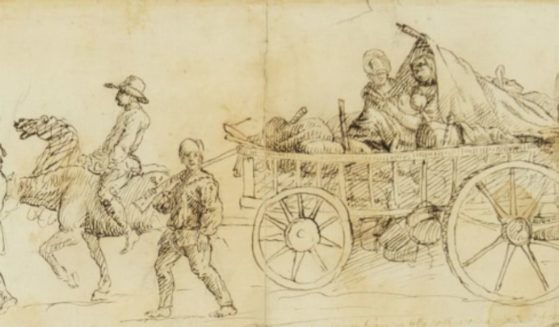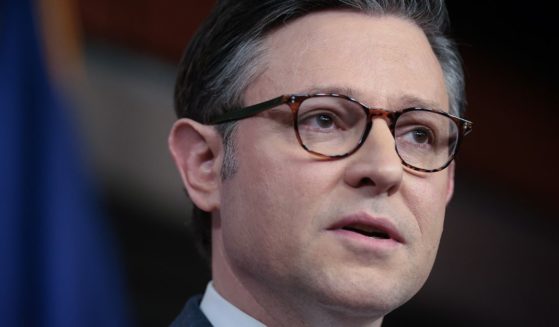Bloomberg: Raising Taxes on the Poor Is Good Because They'll Live Longer
It is rare, if ever, that one hears taxes discussed as anything other than a hassle or a burdensome reality — or, at best, a civic responsibility.
For billionaire 2020 Democratic presidential primary candidate Michael Bloomberg, however, taxes are far more than that.
In fact, the former New York mayor seems to believe taxes are a sort of mystical life-giving force.
According to an interview with the International Monetary Fund, he also contends that one incredibly surprising segment of the American population would benefit dramatically from higher taxes: those living below the poverty line.
Bloomberg’s theory of success for such tax hikes?
Well, they would give the government more control over low-income Americans’ behavior.
“Some people say, ‘Well, taxes are regressive.’ But in this case, yes they are,” Bloomberg told Christine Lagarde, then-managing director of the IMF, in April 2018. “That’s the good thing about them because the problem is in people that don’t have a lot of money. And so, higher taxes should have a bigger impact on their behavior and how they deal with themselves.
“So, I listen to people saying, ‘Oh, we don’t want to tax the poor.’ Well, we want the poor to live longer so that they can get an education and enjoy life.
“And that’s why you do want to do exactly what a lot of people say you don’t want to do.”
“If you raise taxes on full sugary drinks, for example,” Bloomberg added, “they will drink less, and there’s just no question that full sugar drinks are one of the major contributors to obesity, and obesity is one of the major contributors to heart disease and cancer and a variety of other things.”
It is the honest contention of Forbes 2019 billionaires list‘s ninth-richest man in the world that “those people” living in poverty are “the problem” — and the solution is a system of taxation that gives the government de facto control over their everyday lives.
Now, let’s be frank: To wager the poor are so incapable of making good decisions that they need the government to artificially raise the prices of “luxuries” or unhealthy products to entirely inhibit bad decision-making is beyond ideologically dangerous.
It is, as Brothers Before Others contributor Rob O’Donnell tweeted, the epitome of the “Nanny State” mentality.
“When we raise taxes on the poor, it’s good because then the poor will live longer because they can’t afford as many things that kill them.”
~Nanny State Mayor Bloomberg pic.twitter.com/23p443ieg4— Rob O’Donnell (@odonnell_r) November 28, 2019
This man is running for the Democratic nomination.
This man is running for president of the United States.
I cannot believe I am saying this, but at least self-professed socialists like Sens. Bernie Sanders of Vermont and Elizabeth Warren of Massachusetts have enough faith in impoverished Americans to expect that, with a hand up from government, they too would be able to make a good life for their families.
And this is not to say those two have it right by any means.
But there is a glaring difference between the unconstitutional big government of a Sanders or a Warren and the Big Brother-esque control state Bloomberg is proposing.
An America in which the government radically redistributes wealth is one I never want to live in.
An America in which the government takes direct legal action to enforce class-based hierarchies by artificially raising prices to deny vast swathes of citizens basic products and experiences the state deems “bad for them” is a downright dystopia.
Truth and Accuracy
We are committed to truth and accuracy in all of our journalism. Read our editorial standards.

